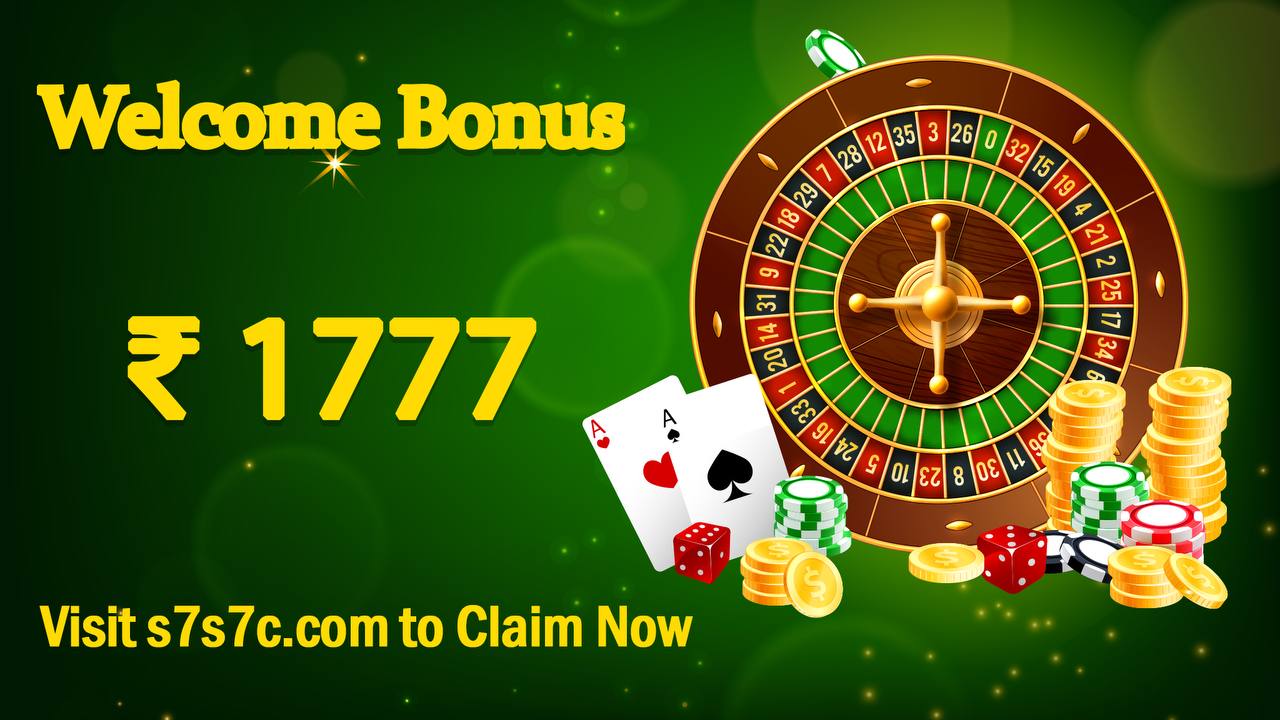The Complete Guide to Rummy: Strategies, Techniques, and Skills For many years, players have been enthralled with the timeless card game of rummy. Its combination of strategy, skill, & a little bit of luck makes it popular with both serious competitors and casual players. We will examine Rummy’s basic ideas, winning tactics, and sophisticated strategies that can improve your game as we dig into its complexities in this post. This guide will give you important insights into the world of Rummy, regardless of your level of experience. Rummy is fundamentally a collection of matching card games in which you must form runs or sets using the cards you are holding.
Being the first player to merge all of your cards into legitimate combinations—which can include runs of three or more consecutive cards of the same suit or sets of three or four cards of the same rank—is the goal. The game usually uses a standard 52-card deck, though variations may use jokers as wild cards. It can be played with two or more players.
It is essential for any player who wants to succeed at Rummy to comprehend the fundamental rules and goals. Each player is typically dealt a predetermined number of cards at the start of the game, with the remaining cards forming a draw pile. One card is discarded after each player draws from the draw pile or the discard pile. Until a single player successfully melds every card in their deck, this cycle continues. Players must pay attention to both their own hands and their opponents’ moves, despite the rules’ apparent simplicity.
Rummy’s dual emphasis on opponent observation and personal strategy is what makes it both interesting & difficult. Creating a solid strategy is crucial for rummy success. Making early meld formation a priority is one strategy that works well. You can decrease the number of cards in your hand and improve your chances of winning by concentrating on making sets and runs as quickly as you can. Keeping track of the cards that have been discarded can also give you important information about what your opponents might be holding.
You can use this information to make well-informed decisions about which cards to keep and which to discard. Effective hand management is another crucial component of strategy. Holding onto cards that have the potential to form multiple melds will help players keep their hands flexible. For example, if a suit contains three cards in a row, think about keeping a card from a different suit that might finish a different run or set. In order to keep your opponents guessing about your intentions, you can adjust your strategy in response to the cards that are drawn and discarded during the game.
One essential component of Rummy that has a big impact on the game’s outcome is discarding. Your opponents may gain an advantage or you may improve your position depending on which card you decide to discard. High-value cards are frequently discarded by inexperienced players without taking into account how they might affect other players’ hands. An opponent may unintentionally win the game if you discard a card that completes their run or set, for instance. As a result, considering each discard and its consequences strategically is essential.
Players should also consider how their discards relate to the composition of their current hand. To reduce the number of points you could lose if another player goes out, it might be a good idea to discard any high-value cards you are holding onto early on that don’t contribute to any melds. On the other hand, if your melds are almost complete, think about discarding cards with lower values that are less likely to help your opponents. Gaining proficiency in the art of discarding can change the game in competitive play, but it takes time & careful observation. Rummy revolves around the concept of melting, and mastering this technique can significantly improve your gameplay.
In order to reduce the number of cards in your hand & indicate your progress toward winning, melting entails placing legitimate card combinations on the table. In order to win and to strategically manipulate the game state, players should try to merge as soon as they have viable combinations ready. Paying attention to the melds that your opponents are forming is just as important as creating your own melds. Understanding the combinations they are using can help you predict their next moves & gain insight into their tactics. An opponent may be gathering cards from that suit if they lay down a run in hearts, for example, which could make you reevaluate which hearts to keep or discard.
Players can impede their opponents’ progress while simultaneously creating opportunities for themselves by utilizing melding both offensively and defensively. While card counting is frequently linked to games like blackjack, it can also be a useful strategy in rummy. Because of the way Rummy is played, counting cards may not be as simple as it is in other games, but knowing which cards have been played can give you a big advantage.
You can make better judgments about your own hand & what you might anticipate from your opponents by keeping track of high-value cards and knowing which ones are still in play. Players should create a system for keeping track of both their own and other players’ discards in order to count cards in rummy efficiently. This could be simply keeping track of what has been laid down during melding phases or mentally noting which cards have been taken from the discard pile. This will allow you to determine the probability of drawing particular cards & modify your plan accordingly.
Card counting is a skill that can enhance your gameplay & increase your chances of winning, but it does require practice and focus. Perceiving beyond the lines. In Rummy, keeping an eye on your opponents is just as important as paying attention to your own hand. You can learn a lot about their strategies and possible melds by closely observing their actions, such as the cards they draw or discard.
An opponent may intend to form particular sets or runs if, for example, they routinely select particular suits or ranks from the discard pile. Informing Your Strategy. You can use this information to strategically decide which cards to keep or discard for yourself. Also, knowing how your opponents play can help you better understand their tendencies when you play.
In an attempt to make bigger combinations, some players may take a more cautious approach, holding onto cards longer, while others may be aggressive in forming melds quickly. Countering Their Moves. Understanding these trends will help you adjust your approach to successfully thwart their moves. Keeping a close eye on their moves can greatly improve your competitive edge, whether you’re blocking their possible melds by discarding important cards or modifying your own gameplay speed when they do. There are a few tricks that can help you improve your rummy skills more quickly, but it takes commitment and practice.
In order to increase your strategic repertoire and become a more adaptable player, you should first become familiar with the different Rummy variations and rulesets. Playing against opponents with different skill levels is another option; this will push you and aid in your ability to adjust to various playing philosophies. Reflecting on your performance after every gaming session is another efficient method to improve your abilities. Think about what you did well and what you didn’t do.
By spotting trends in your gameplay, you can pinpoint areas that need work & gradually improve your tactics. Also, participating in Rummy-focused online communities or forums can yield insightful information from seasoned players who offer advice and tactics that have worked for them. Now that you have a firm strategy and a firm grasp of the fundamentals, it’s time to advance your Rummy skills.
Taking part in regional or online tournaments where you can pit your abilities against other dedicated players is one way to accomplish this. Your gameplay will be further refined by the special challenges that these environments frequently present, which call for quick thinking and flexibility. Also, take into account watching instructional videos from seasoned players or reading advanced literature on rummy strategies. Gaining knowledge from professionals can expose you to novel methods and strategies that you might not have previously experienced. You will discover that, in addition to improving as a player, you are also developing into a more strategic thinker who can confidently handle challenging game situations as you continue to hone your abilities and broaden your knowledge.
All things considered, Rummy is a complex game that incorporates aspects of strategy, skill, and observation. Players can greatly improve their gameplay by comprehending its principles, creating winning strategies, becoming proficient in crucial abilities like discarding & melding, and consistently getting better through practice & introspection. These tips will help you succeed in the thrilling world of rummy, whether you’re playing in tournaments or just with friends.





